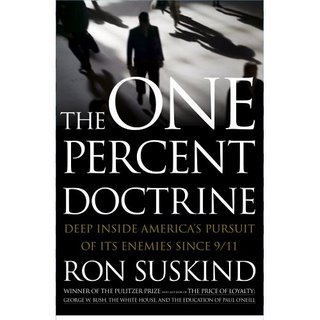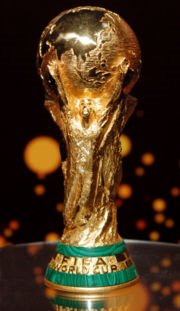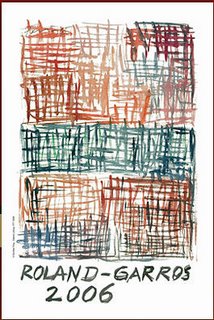Reading yet another vapid David Brooks column this morning, I got sidetracked and started to explore the strange world of travel writer and foreign "expert" Bob Kaplan. That led to a writer called Tom Bissell who methodically dissects Kaplan's
work here.
Fortunately, Bissell doesn't confine himself to the hapless Kaplan - for instance here is a brilliant insight into the travel writing genre:
I believed then and believe now that the travel genre has much to answer for. Travel writers are seldom scholars. They are, by inclination if not definition, transients and dilettantes. All that can save the travel writer and redeem his or her often inexpert perceptions of foreign people and places is curiosity, a willingness to be uncertain, an essential emotional generosity, and an ability to write. Even travel writers well equipped in all of the above are inevitably attacked for missing the point, getting all manner of things wrong, and generally mucking about in questions of history and scholarship to which—when compared to experts—they have only lightly exposed themselves. This does not mean the travel writer is incapable of insight, to say nothing of entertainment, and in some cases the travel writer’s fresh-eyed unfamiliarity with a place can be made a virtue. As Lord Palmerston once said, “When I wish to be misinformed about a country, I ask the man who has lived there thirty years.”
And here's an equally perceptive view of Dubya:
Bush has gone from an isolationist to an interventionist minus the crucial intermediary stage wherein he actually became interested in other places. Kaplan has travelled from the belief that America should only “insert troops where overwhelming moral considerations crosshatch with strategic ones” to arguing that “September 11 had given the U.S. military the justification to go out scouting for trouble, and at the same time to do some good,” seemingly without understanding that he has even changed. Doubtless both men would sit any sceptic down and soberly explain that September 11 changed everything. What September 11 changed, however, was not the world itself but their understanding of America’s role in the world. For President Bush and Robert D. Kaplan, September 11 primarily means never having to say you’re sorry.
For my own part, I've gone the whole circle with travel writing, from enthusiasm in the late 1980s when the whole genre became very fashionable, to disillusionment early this decade. As for Kaplan, I read one of his books called Balkan Ghosts a few years ago but found it vaguely racist and very dull.
I've detested and mistrusted Dubya right from the beginning because he lacks the intellect to make rational decisions in complex situations. Such a contrast to his Dad - cautious, sensible, thoughtful, and very capable.






